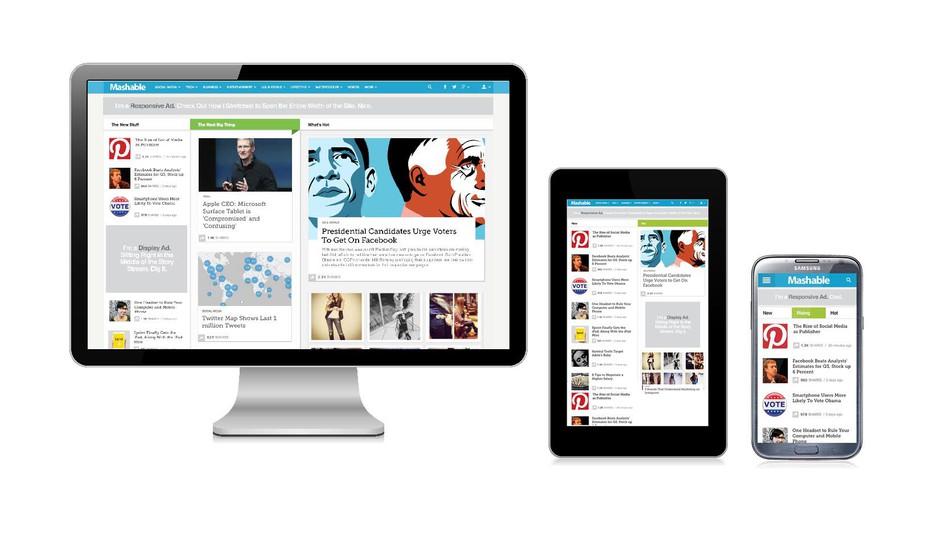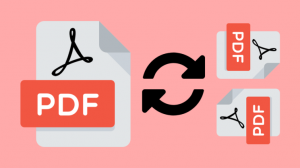As a DevOps engineer, you know that monitoring data is vital to your team’s success. Keeping track of what’s happening in your systems can prevent problems before they cause downtime or other issues. In this blog post, we will discuss how data is essential for DevOps engineers and how it can help you keep your systems running smoothly. We will also cover some of the tools and technologies used for monitoring data in DevOps environments. Learn more about Monitoring Data with databand.ai.
The Role Of Data In DevOps
As a DevOps engineer, you are responsible for the smooth operation of software development and delivery. To do this effectively, you need to have visibility into all aspects of the process. This is where data comes in. By collecting data from every stage of the software development process, you can identify bottlenecks, optimize workflows, and find ways to improve your strategy overall.
Why Data Is Important For DevOps Engineers
Data is essential for DevOps engineers because it provides visibility into what is happening in the system. Without data, it would be difficult to troubleshoot problems or identify areas for improvement. Additionally, data can help you automate tasks and prevent human error.
How To Monitor Data During The Software Development Process
Many tools and technologies can be used to collect data in DevOps environments. These include application performance management (APM) tools, logging tools, and monitoring tools. APM tools help you collect data about the performance of your applications.
This data can be used to identify bottlenecks and optimize performance. Logging tools collect data about events that occur in your system. This data can be used to troubleshoot problems or track changes over time. Monitoring tools provide real-time visibility into what is happening in your system. This data can be used to prevent problems before they cause downtime.
Tips For Collecting And Analyzing Data Effectively
To get the most out of your data, collecting and analyzing it effectively is essential. Here are some tips for doing this:
Collect data from all stages of the software development process
Data should be collected from every stage of the software development process, including requirements gathering, design, development, testing, and deployment.
Use multiple data sources
Data should be collected from multiple sources to get a complete picture of what is happening in your system.
Aggregate data
Data should be aggregated into a central repository to be easily analyzed.
Analyze data regularly
Data should be analyzed regularly to identify trends and make necessary changes.
Use data visualization tools to help you understand your data
Data visualization tools, such as Grafana can help you understand your data and make better decisions about how to optimize your process.
Benefits Of Using Data-Driven Decision Making In DevOps
There are many benefits of using data-driven decision-making in DevOps. Some of these benefits include:
Improved efficiency: Using data to guide decisions can optimize your process and eliminate waste.
Improved quality: Using data to identify problems early can prevent them from causing downtime or other issues.
Reduced risk: Using data to automate tasks and prevent human error reduces the risk of mistakes being made.
Improved customer satisfaction: By using data to improve the quality of your software, you can increase customer satisfaction.
Final Thoughts
Data-driven decision-making can help you improve the efficiency of your software development process. Using data to guide your decisions can optimize workflows, prevent problems, and make your operation more efficient overall.
Monitoring data is essential for DevOps engineers. Keeping track of what’s happening in your system can prevent problems before they cause downtime or other issues. Data provides visibility into the system and can help you automate tasks and make data-driven decisions. Collecting and analyzing data effectively is essential for getting the most out of it. Use these tips to get started with monitoring data in your DevOps environment today!
Follow Techrado for more!





